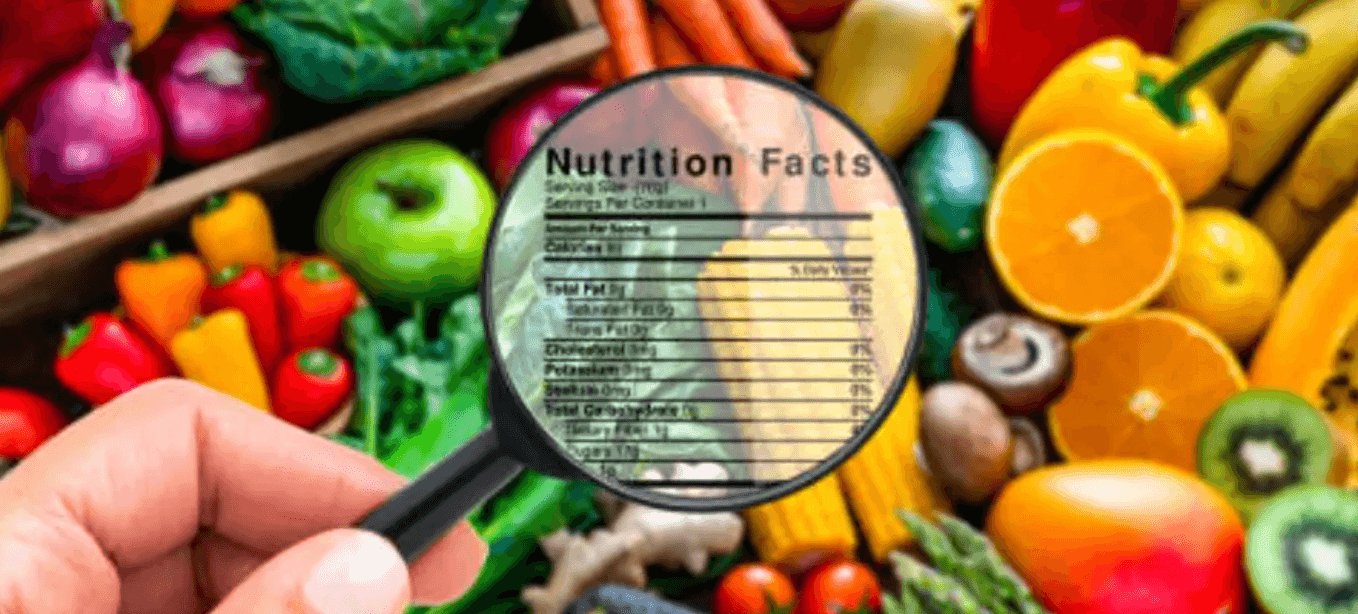
Small but essential! Vitamins and minerals don’t give you energy, but they are critical for immunity, metabolism, and growth. Even though you need them in smaller amounts-- often milligrams or micrograms, having deficiencies can have major health effects. Keep in mind electrolytes, trace elements, phytonutrients, choline, and omega 3/6 are also in this group! As always; Youtrition will be tracking all these for you to ensure optimal performance.
Fat soluable Vitamins
Stored in the liver and fatty tissue. Absorbed with dietary fat.
Vitamin A → 700 mcg (women), 900 mcg (men)
Vitamin D → 600 IU (15 mcg)
Vitamin E → 15 mg
Vitamin K → 90 mcg (women), 120 mcg (men)
Water Soluble Vitamins
Not stored in large amounts and excess is excreted in urine, so you need them daily.
Vitamin C → 75 mg (women), 90 mg (men)
Vitamin B1 (Thiamine) → 1.1 mg (women), 1.2 mg (men)
Vitamin B2 (Riboflavin) → 1.1 mg (women), 1.3 mg (men)
Vitamin B3 (Niacin) → 14 mg (women), 16 mg (men)
Vitamin B5 (Pantothenic Acid) → 5 mg
Vitamin B6 (Pyridoxine) → 1.3–1.7 mg
Vitamin B7 (Biotin) → 30 mcg
Vitamin B9 (Folate) → 400 mcg
Vitamin B12 (Cobalamin) → 2.4 mcg
Choline (often grouped with B vitamins) → 425 mg (women), 550 mg (men)
Electrolytes
Regulate fluid balance, nerve impulses, and muscle contractions.
Sodium → 1,500 mg/day (limit <2,300 mg)
Potassium → 4,700 mg/day
Calcium → 1,000 mg/day
Magnesium → 310–320 mg (women), 400–420 mg (men)
Chloride → 2,300 mg/day
Phosphorus → 700 mg/day
Trace
Iron → 18 mg (women), 8 mg (men)
Zinc → 8 mg (women), 11 mg (men)
Copper → 900 mcg
Manganese → 1.8 mg (women), 2.3 mg (men)
Iodine → 150 mcg
Selenium → 55 mcg
Fluoride → 3 mg (women), 4 mg (men)
Chromium → 25 mcg (women), 35 mcg (men)
Molybdenum → 45 mcg